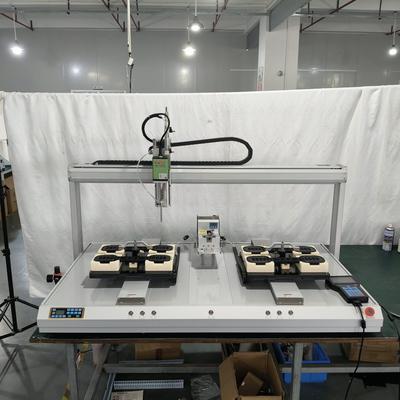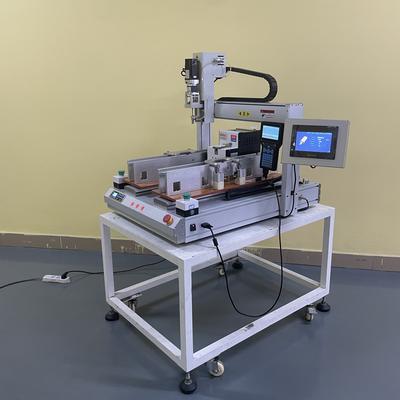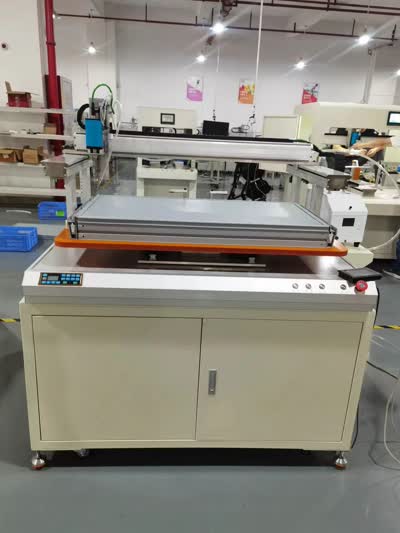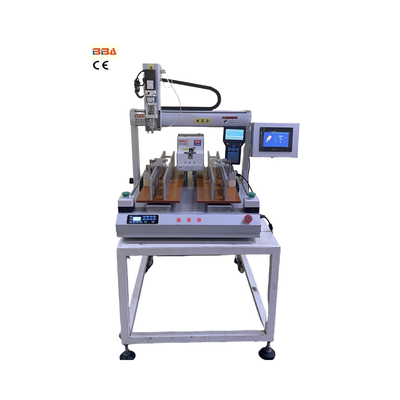Robotic Screw Machines for Medical Device Manufacturing | Automated Assembly
| Product Name | Applicable industries |
| Screw Locking Robot | Medical Device Manufacturing |

The medical device manufacturing industry is characterized by stringent quality standards, precision requirements, and the need for absolute reliability. In this high-stakes environment, the adoption of advanced automation technologies has become increasingly critical. One such technology making a significant impact is the robotic screw machine, which offers unparalleled consistency, efficiency, and traceability in assembly processes.
Robotic screw machines are designed to automate the driving of screws with exceptional accuracy. These systems are equipped with precision torque control, ensuring that every screw is fastened to exact specifications. This is particularly important in medical device production, where over-tightening or under-tightening can lead to device failure, product recalls, or even patient safety issues. By eliminating human error, these machines enhance product quality and reduce variability.
Another key advantage is the ability to maintain sterile and contaminant-free production environments. Human operators can inadvertently introduce particulates or other contaminants during manual assembly. Robotic screw machines, especially when integrated into cleanroom-compatible automation cells, minimize this risk. They operate with minimal particulate generation and can be enclosed in controlled environments to meet ISO Class cleanroom standards.
Traceability is a fundamental requirement in medical device manufacturing. Regulatory bodies demand detailed records of production processes to ensure accountability and facilitate recalls if necessary. Robotic screw machines address this need seamlessly. They can record and store data for every screw fastening operation, including torque values, angle of rotation, and time stamps. This data can be integrated into broader Manufacturing Execution Systems (MES) for complete production lot traceability, simplifying compliance with regulations such as FDA 21 CFR Part 11.
Beyond quality and compliance, robotic screw machines significantly improve production efficiency. They can operate continuously without fatigue, increasing throughput and reducing cycle times. This automation allows skilled human workers to focus on more complex, value-added tasks such as quality inspection, process monitoring, and engineering improvements. The result is a more optimized production line with better resource allocation.
Flexibility is another notable benefit. Modern robotic screw machines can be quickly reprogrammed to handle different screw types, sizes, and patterns. This adaptability is ideal for production lines that assemble multiple medical device variants or frequently introduce new products. Changeovers can be executed with minimal downtime, supporting agile manufacturing practices.
In summary, the use of robotic screw machines in medical device production brings substantial improvements in precision, cleanliness, traceability, and operational efficiency. As the industry continues to evolve with growing regulatory demands and the need for higher productivity, integrating such automated solutions becomes not just advantageous but essential for manufacturers committed to excellence and innovation.


